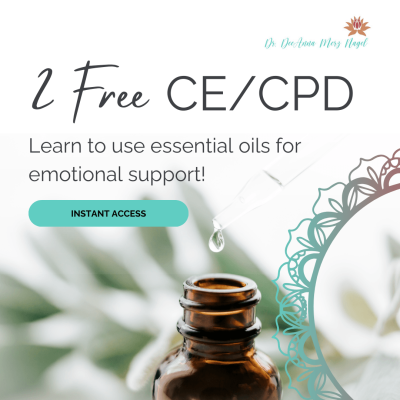 Stress exists in our lives for good reasons – when we need to deal with emergency situations, the physiological changes caused by the spike in the stress hormone, cortisol can help us respond and adjust to situations. However, if stress is chronic, and our cortisol level remains elevated, it can cause a lot of negative health impacts. Imagine, if you are always stressed out, or constantly under pressure in your work or home life and your cortisol levels are always high, how your physical body may react.
Stress exists in our lives for good reasons – when we need to deal with emergency situations, the physiological changes caused by the spike in the stress hormone, cortisol can help us respond and adjust to situations. However, if stress is chronic, and our cortisol level remains elevated, it can cause a lot of negative health impacts. Imagine, if you are always stressed out, or constantly under pressure in your work or home life and your cortisol levels are always high, how your physical body may react.
Health implication of stress and elevated cortisol level:
- Nutrient deficiencies due to decrease in nutrient absorption and increase in excretion of certain minerals
- Increased chances of cardiovascular disease by increasing LDL, triglycerides, high blood pressure and aggregation of blood platelet
- Reduced good gut flora, which can lower immunity and cause digestive issues- consider adding a probiotic supplement to your diet such as Young Living’s Life 9.
- Reduced metabolism and increased fat storage, leading to weight gain
- Decreased healing ability
- Increased oxidative stress which increases premature aging
You may be suffering from chronic stress if you notice the following:
- Digestive complaints such as sudden onset of cramps, diarrhea and nausea
- The feeling of suffocation and shortness of breath
- Rapid heart beat
- Physical weakness
- Behavior changes and challenges
- Unexplained anxiety, tears, inappropriate nervous laughter
- Inability to communicate and focus
You may also use the following measures to cover the feeling of burn out: use of stimulants such as coffee to “wake up”, use of alcohol or sleeping pills to wind down, midnight snacking, overworking, oversleeping, or signs of depression.
What can you do?
Cultivate mindfulness around the time that you feel stressed. What are your triggers? How do you react when you feel stressed? Can you observe these situations and create plans to reduce the incidences of them popping up in your life?





